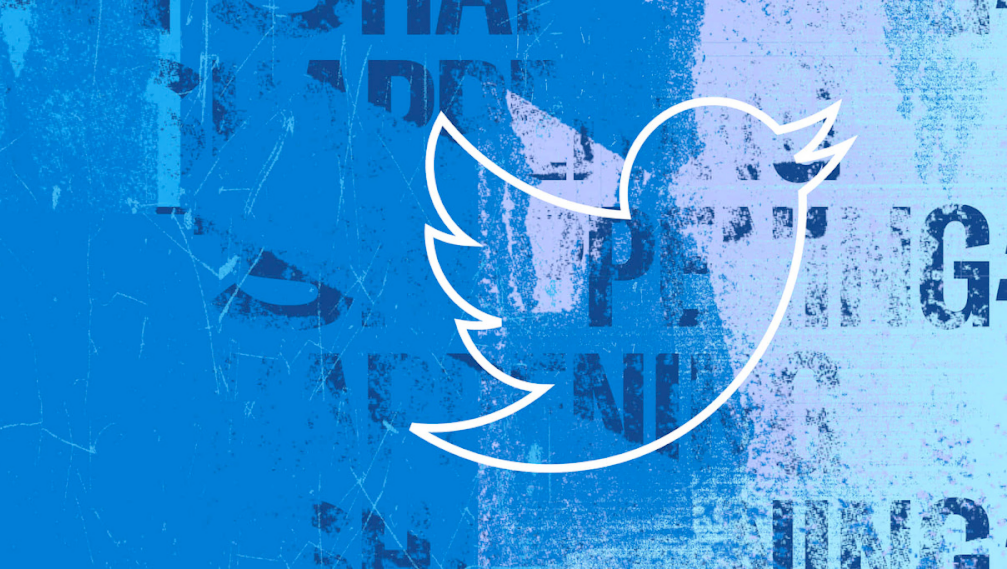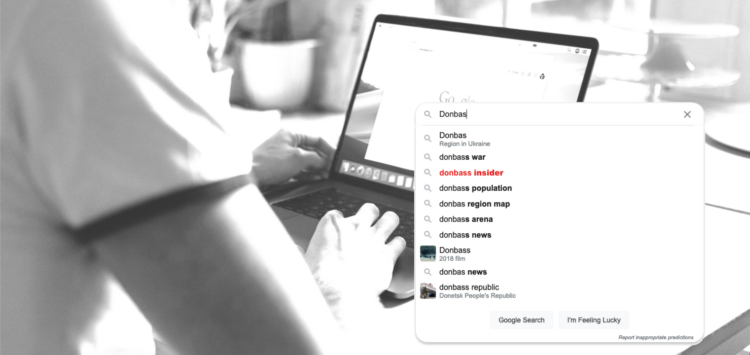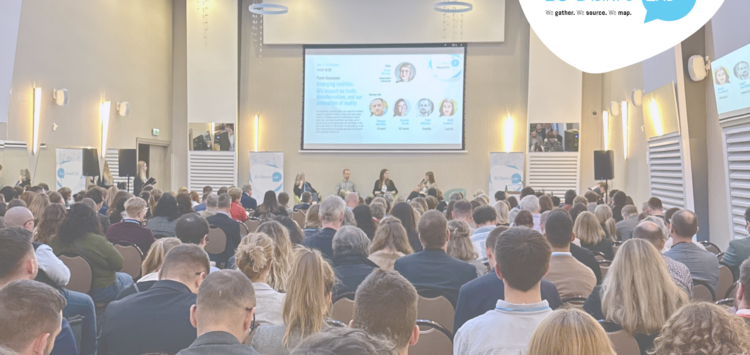Why is “Nazis” regularly trending on Twitter in Belgium?
An analysis showing how Russian official narratives get pushed whenever “nazis” show up on the platform.
Introduction
Between December 2021 and February 2023, the CrossOver team monitored Twitter Trends for Belgian users. This paper offers an overview of the key findings of Crossover’s investigation carried out between 4 March and 23 November 2022. It focuses on the use of the term “nazis” by French-speaking users on Twitter, and analyses how it contributed to spread a pro-russian vision of the conflict in Ukraine. The paper finally depicts how this theme is associated with other dubious narratives on the platform.
The CrossOver team focused on the evolution of the trend on Twitter and has collected data both from Twitter’s official API, and from our user-simulation system. The team also designed a method to spot the 100 users who interacted the most with the word “nazis”, analysed how the hashtag was used, and found out who used the word the most on Twitter.
We led a quantitative analysis of publicly available data, as well as a qualitative analysis of the narratives associated to the use of the word “nazis” among French-language Twitter users. We could demonstrate that far-right figures are active in disseminating the idea that Ukraine was in the hands of Nazis, therefore relaying Russia’s justification to the invasion of Ukraine. An examination of these accounts also enabled us to observe how other far-right ideas can overlap with pro-russian narratives.
Main findings
On May 9 2022, between 9 and 10 a.m, CrossOver’s monitoring computers detected that the keyword “nazis” appeared in top trends for Belgian users on Twitter, but this word was not to be found on the trends list retrieved when querying the platform’s official API. The tweets contained dubious content and disinformation about Ukraine. The same phenomenon happened on November 22 and 23, 2022, starting at 11 p.m, as the word “nazis” appeared as trending on our monitoring devices, but not on the trends list as returned by the official API. Deeper research revealed that tweets containing the word “nazis” were thriving on Twitter in Belgium.
Looking back in time, we could establish that the term “nazis” was trending for Belgian users on 15 different occasions between March and November 2022. When Belgian Twitter users would click on the trend, they would be exposed to very different kinds of content. Sometimes, the word “nazis” was associated with a commemoration of World War II events (on June 6 for example, remembering the Normandy landings). Alternatively, the word “nazis” was associated with narratives depicting the Ukrainian government and army as Nazis. As a reminder, Vladimir Putin justified the invasion of Ukraine by the necessity to “denazify” the country. On Twitter, narratives associating Ukraine to Nazis were echoing Russia’s discourse and justification of the war.
Our analysis of the most active French-speaking authors of tweets using the keyword “nazis” shows that they mostly share ideas and visions with French far-right politics. By analysing the narratives associated to the hashtag “nazis”, we noticed an overlapping with antivax narratives, conspiracy theories and pro-russian discourse on the platform.




